“As I set to put pen to paper, I felt something creep up behind me. I turned around to be greeted by a blinding light, and a giant, cavernous black void in the middle of the light. I stared into the abyss to find my 14-year-old self staring back at me - one hand on the microscope I was under, one hand holding a scalpel. “
Photo: John Rata
"Let's face it, Tash - You’re Cio-Cio San, you’re Miss Saigon, you’re the go-go dancer in Bangkok who giggles at white dudes twice your age butchering your language."
14-year-old Natasha had an ambition - to leave a legacy like the white men in history books. She also made a vow - to never sleep with, let alone date, a cisgender, heterosexual white man. After being Shortlisted for Playmarket's 2018 Playwrights B4 25 award for the clever and heart wrenching Maniac (On The Dance Floor), Natasha Lay presents her sharp new play 'How to be a Great White Man'; a romp through issues of identity, reflecting on the ways we look at ourselves and others, and an attempt at measuring the space between our past and future selves.
We chat with Lay about why and how she’s unleashing this narrative on the world, as part of our Fresh off the Page new writer’s season.
Catch the debut reading of How To Be A Great White Man this April!
When: Wednesday, April 17th, 8:30pm
Where: Basement Theatre, Studio
Free Event - R16 - Open to all
What inspired you to write this play?
I was a really strange, isolated, nerdy kid. When I was about 14, I got obsessed with the idea of being One of the Greats and leaving a legacy, and for some reason, I ended up with a pantheon of Great White Men as my role models. Ironically, this was around the same time I was learning about feminism, and how the personal is political and whatnot, and I made a vow with myself to never, ever date a cishet white dude. I've always thought this was a hilarious chapter of my life and something worth writing about.
What were the challenges you faced during the process?
I came into the process wanting to really push myself, but I still found myself asking questions like, "Will this make my audience too uncomfortable?", "Is this just plain self-indulgent?" and "Is this too confusing?" Really letting myself explore those boundaries both in form and in content has been a HUGE challenge!
What do you think makes a good story?
A good gimmick - whether that's a unique hook, good craftsmanship, or interesting execution.
How do you want people to feel at the end of your play?
Exhausted, but wanting to pick up a torch and pitchfork regardless.
‘Who’ did you write your play for?
For my 14-year-old self, for everyone who has ever felt like a bad person, and for everyone who's afraid of dying.
What character was the easiest to write? Why?
Not quite a character, but definitely the self-critical parts of the chorus. I'm a lot better at tearing down my arguments than I am at supporting them.
Can you explain any ‘theatrical’ ideas/concepts utilized in the play?
I wanted to see a chorus divided - the chorus as both a group and a collection of individuals, fighting with itself. On a lighter note, I also thought it would be fun to utilise actors of identities different to me (non-Asians, non-female, etc.) as mouthpieces for the rather personal side of this story about identity politics.



